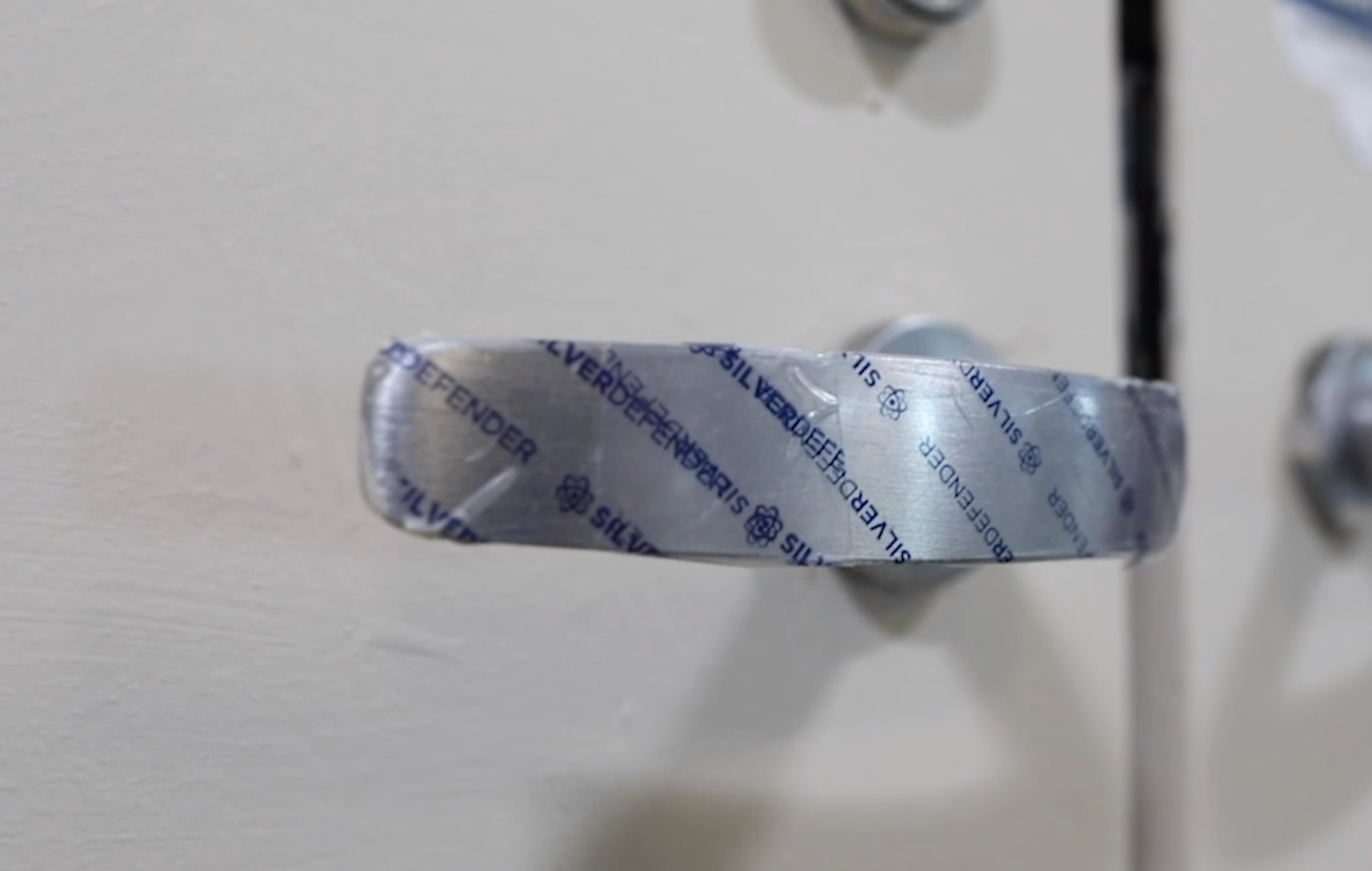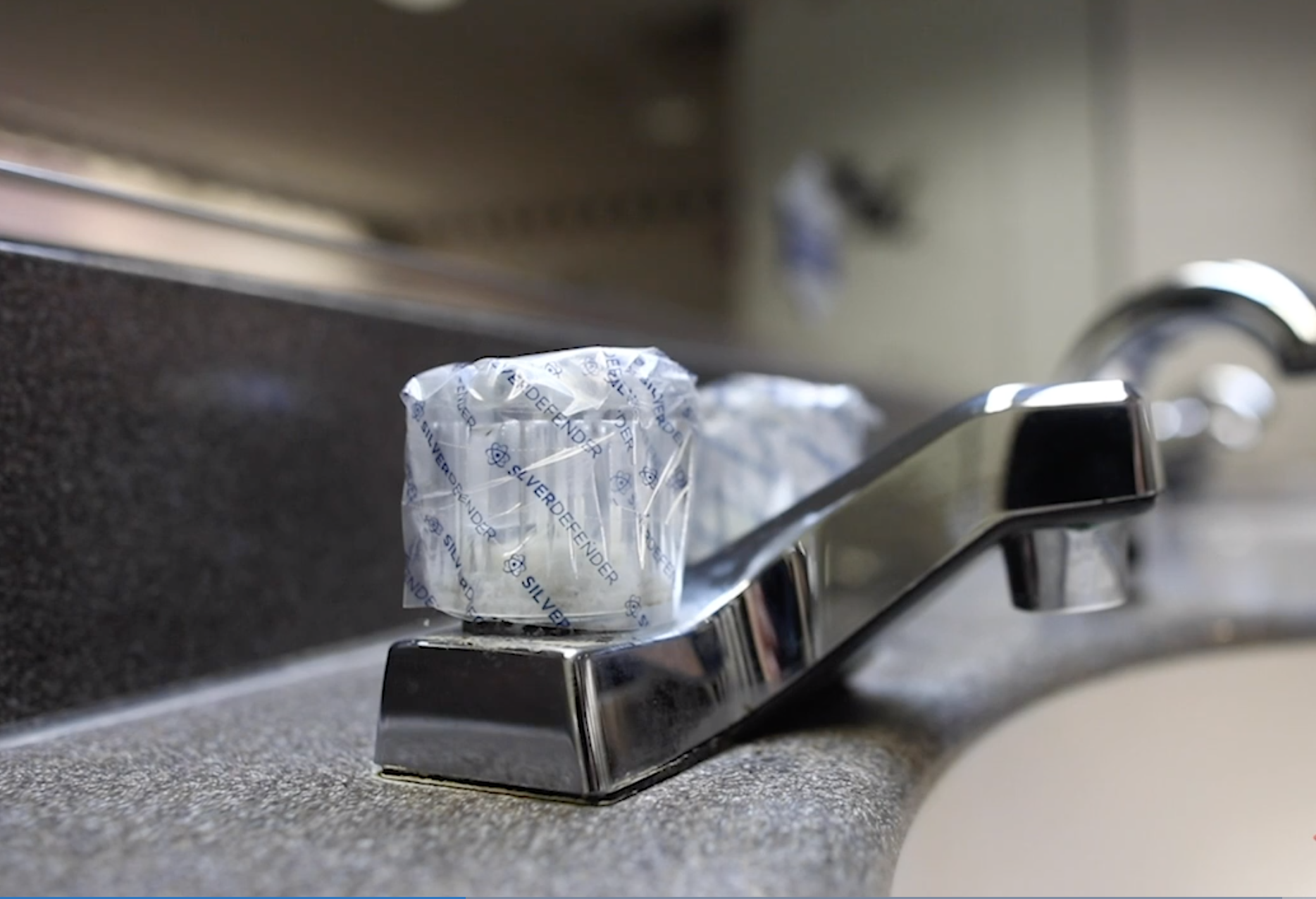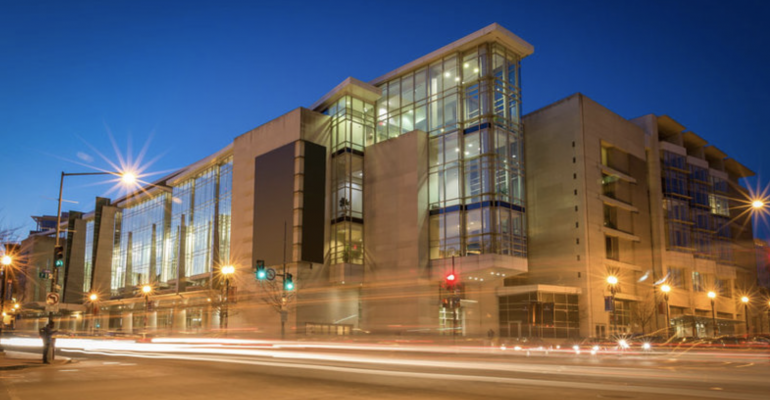While many planners are on the lookout for the GBAC STAR accreditation for hygienic practices at properties where they might hold an in-person meeting, another organization focused on building operations and cleanliness has developed a similar verification program.
With the help of an advisory panel that included executives from several major hotel chains, the International WELL Building Institute has released the WELL Health-Safety Rating for Facility Operations and Management for hotels and resorts worldwide. The safety rating is an evidence-based independent verification program for buildings that is focused on operational policies, maintenance protocols, emergency plans, and stakeholder-engagement strategies, ensuring venues are prepared for the resumption of business in a post-Covid environment.
In addition to having the hotel executives aboard, the IWBI advisory panel was co-chaired by Richard Carmona, 17th Surgeon General of the United States, and Dr. Stacey Rizza, professor of medicine–infectious diseases and president of the staff at the Mayo Clinic in Rochester, Minn.
Rachel Gutter, president of IWBI, notes that “by earning the WELL Health-Safety Rating seal, properties signal to guests and employees that protocols grounded in science have been adopted and verified through third-party document review.” Participation in the program requires submission of protocols and policies for review and verification annually.
The criteria are organized within five categories:
- Cleaning and sanitization procedures
- Emergency preparedness programs
- Health-service resources
- Air- and water-quality management
- Stakeholder engagement and communication
“The hospitality industry has taken great steps to establish guidelines in response to the Covid-19 pandemic, including the centralization of best practices across many disciplines,” says Michael Dominguez, CEO of Association of Luxury Hotels International and an advisory board member. “Third-party documentation review is a critical step in verifying the adoption of these practices.”
New Products for Safer Spaces
At individual venues, different types of treatments are being used to minimize the chances of infection spread. Events DC, the convention and sports authority for Washington, D.C., announced on September 15 its partnership with SurfaceGuard to deploy that firm’s Covid-19 remediation product at the Walter E. Washington Convention Center, the D.C. Armory, and The Fields at RFK Campus as part of those venues’ reopening efforts.
Events DC venues are the first in the nation to implement this this type of cleaning process. SurfaceGuard is a Washington, D.C.-based specialty coating company that has combined an Environmental Protection Agency-approved coronavirus disinfectant with a unique delivery method. The company has a water-based antimicrobial agent that forms a durable surface protectant to inhibit the growth and spread of bacteria, mold, mildew, fungi, and algae on both porous and non-porous surfaces for up to 90 days; SurfaceGuard technicians use electrostatic sprayers that positively charge atoms of the product, which attach strongly to negatively charged atoms on surfaces. This enables the spray to coat surfaces in a way that hands cannot breach. The disinfectant and antimicrobial products used by SurfaceGuard are nontoxic and safe for food-preparation surfaces, humans, and the wider environment.
 And in New York, Long Island MacArthur Airport was the first airport to use a self-cleaning, anti-microbial film sheets containing silver ions, which keep surfaces disinfected for up to 90 days. The product, called Silver Defender, is an adhesive soft-plastic film that can wrap around door handles and bathroom faucets, and also adhere to elevator button and other flat surfaces.
And in New York, Long Island MacArthur Airport was the first airport to use a self-cleaning, anti-microbial film sheets containing silver ions, which keep surfaces disinfected for up to 90 days. The product, called Silver Defender, is an adhesive soft-plastic film that can wrap around door handles and bathroom faucets, and also adhere to elevator button and other flat surfaces.






